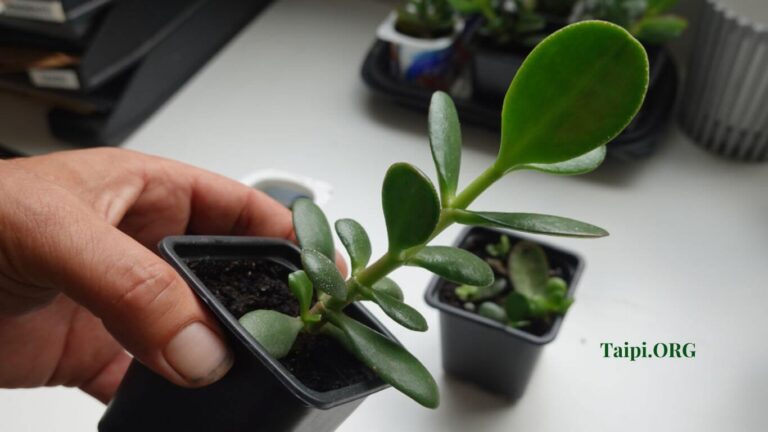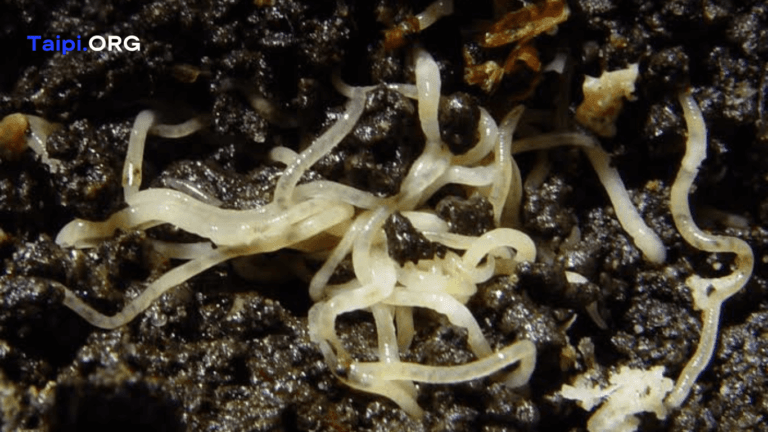Are Snake Plants Safe for Cats?
ARE SNAKE PLANTS safe for cats? Before I answer that question, here is something you need to know about this favorite indoor plant:
Snake plants, or mother-in-law’s tongue, as they are sometimes called, are popular houseplants thanks to their hardiness and air-purifying qualities. However, for cat owners, whether these plants are safe for their feline friends is crucial.
That is why I am here to answer the question: are snake plants toxic to cats or how toxic are snake plants to cats?
Snake plants are toxic to cats since they contain saponins, which can cause gastrointestinal upset such as nausea, vomiting, and diarrhea if ingested by cats.
Compare: Are ZZ Plants Toxic to Dogs?
Why Are Snake Plants Toxic to Cats?

Snake plants contain saponins, natural chemicals that protect the plant from insects, microbes, and fungi. While saponins are beneficial for the plant, they are toxic to cats. When ingested, saponins can cause gastrointestinal upset and other health issues in cats, leading to concerns among pet owners.
Symptoms Of Cat Poisoning from Snake Plant
When a cat ingests part of a snake plant, the symptoms can vary in severity. Common signs of poisoning include:
- Vomiting and Diarrhea: These are the most immediate and noticeable symptoms, often occurring shortly after ingestion.
- Drooling and Nausea: Cats may drool excessively and show signs of nausea, such as pawing at their mouths.
- Lethargy and Depression: Affected cats might become unusually lethargic and show a lack of interest in their usual activities.
How to Protect Your Cat from Snake Plants
Knowing the danger of exposing your cat to the snake plant, helps you learn how to prevent the pet from biting the plant. Here are some of the measures you can take to protect your cat from snake plant toxicity:
Keep Snake Plants Out of Reach
One of the simplest ways to protect your cat from snake plant poisoning is to keep the plant out of reach. Place snake plants on high shelves or in rooms your cat cannot access. Using hanging planters (pictured ⬆) or plant stands can also be effective.
Train Your Cat
Training your cat to avoid houseplants can be challenging but rewarding. Use deterrents such as citrus peels or sprays that are safe for cats but unpleasant to them.
Additionally, providing alternative sources of entertainment, like cat grass or catnip, can divert their attention from potentially harmful plants.
Safe Plants for Cats
If you’re looking for safe alternatives to snake plants, several houseplants are non-toxic to cats. Some popular cat-friendly houseplants include:
Spider Plants: These are non-toxic and can even help improve indoor air quality.
Boston Ferns: These lush, green plants are safe for cats and easy to care for.
Areca Palms: Also known as butterfly palms, these plants are non-toxic and add a tropical touch to your home.
How to Create a Cat-Safe Indoor Garden
You can create an indoor garden space with plants that are both aesthetically pleasing and safe for cats.
And by combining various textures and colors with cat-safe plants, you can create a vibrant and safe environment for your feline friends.
Of course, you will have to start with how to deal with anything that might poison your cat or any other pet.
Immediate Actions
Act quickly if you suspect your cat has ingested a snake plant. Remove any plant material from your cat’s mouth and try to determine how much was eaten. Contact your veterinarian immediately for advice.
Consult Your Vet
In most cases, the veterinarian will recommend bringing your cat in for an examination. Treatment may involve administering activated charcoal to absorb toxins, IV fluids to prevent dehydration, and medications to control symptoms such as vomiting and diarrhea.
Long-Term Cat Poisoning Prevention
Apart from those immediate actions after your cat has ingested snake plant poison, continue to monitor for future cat poisoning. Here are some of the things you need to do:
Keep Monitoring and Supervising
Regularly monitor your plants and pets to ensure no interaction could lead to poisoning. Supervise your cat’s playtime, especially in areas where houseplants are present.
Educate Household Members About Plant Poisoning
Ensure everyone in your household is aware of the risks associated with certain plants. Educate family members and visitors about which plants are toxic and how to keep pets safe.
Frequently Asked Questions (FAQs)
Q: What should I do if my cat eats a snake plant?
A: If your cat eats a snake plant, remove any remaining plant material from its mouth and contact your veterinarian immediately. Watch for symptoms such as vomiting, diarrhea, drooling, and lethargy. The vet may recommend bringing your cat in for an examination and treatment, which might include administering activated charcoal, IV fluids, or medications to manage symptoms.
Q: Can snake plants cause long-term health issues in cats?
A: Generally, snake plant ingestion leads to short-term gastrointestinal distress rather than long-term health issues. However, repeated exposure or ingestion of large amounts can potentially lead to more severe complications. Ensuring your cat avoids snake plants altogether is the best way to prevent any risk of long-term health problems.
Q: Are there any safe alternatives to snake plants that have similar aesthetic qualities?
A: Yes, several houseplants are non-toxic to cats and can be excellent alternatives to snake plants. Some options include spider plants, Boston ferns, and Areca palms. These plants are safe for cats and can provide a similar aesthetic appeal, enhancing your home’s decor without posing a risk to your pets.
Q: How can I deter my cat from chewing on houseplants?
A: To deter your cat from chewing on houseplants, you can use cat-safe deterrent sprays, place citrus peels around the plants, or use double-sided tape on the pots. Additionally, providing your cat with safe alternatives like cat grass, catnip, or designated chew toys can help redirect their attention and satisfy their chewing instincts.
Q: Are there any non-toxic ways to keep my houseplants healthy while ensuring my cat’s safety?
A: Yes, you can keep your houseplants healthy without using toxic substances by opting for natural and cat-safe methods. Use organic fertilizers, avoid chemical pesticides, and ensure proper watering and sunlight. Regularly inspect your plants for pests and treat them with natural remedies such as neem oil or insecticidal soap, which are safe for both plants and pets.
Are Snake Plants Safe for Cats? My Parting Shot
While snake plants are an attractive and easy-to-care-for option for home décor, they pose significant risks to cats due to their toxic saponins.
By understanding the symptoms of poisoning and taking preventive measures, cat owners can ensure the safety and well-being of their pets.
Exploring safe plant alternatives and creating a cat-friendly environment are crucial steps in maintaining a harmonious home for both plants and pets.








